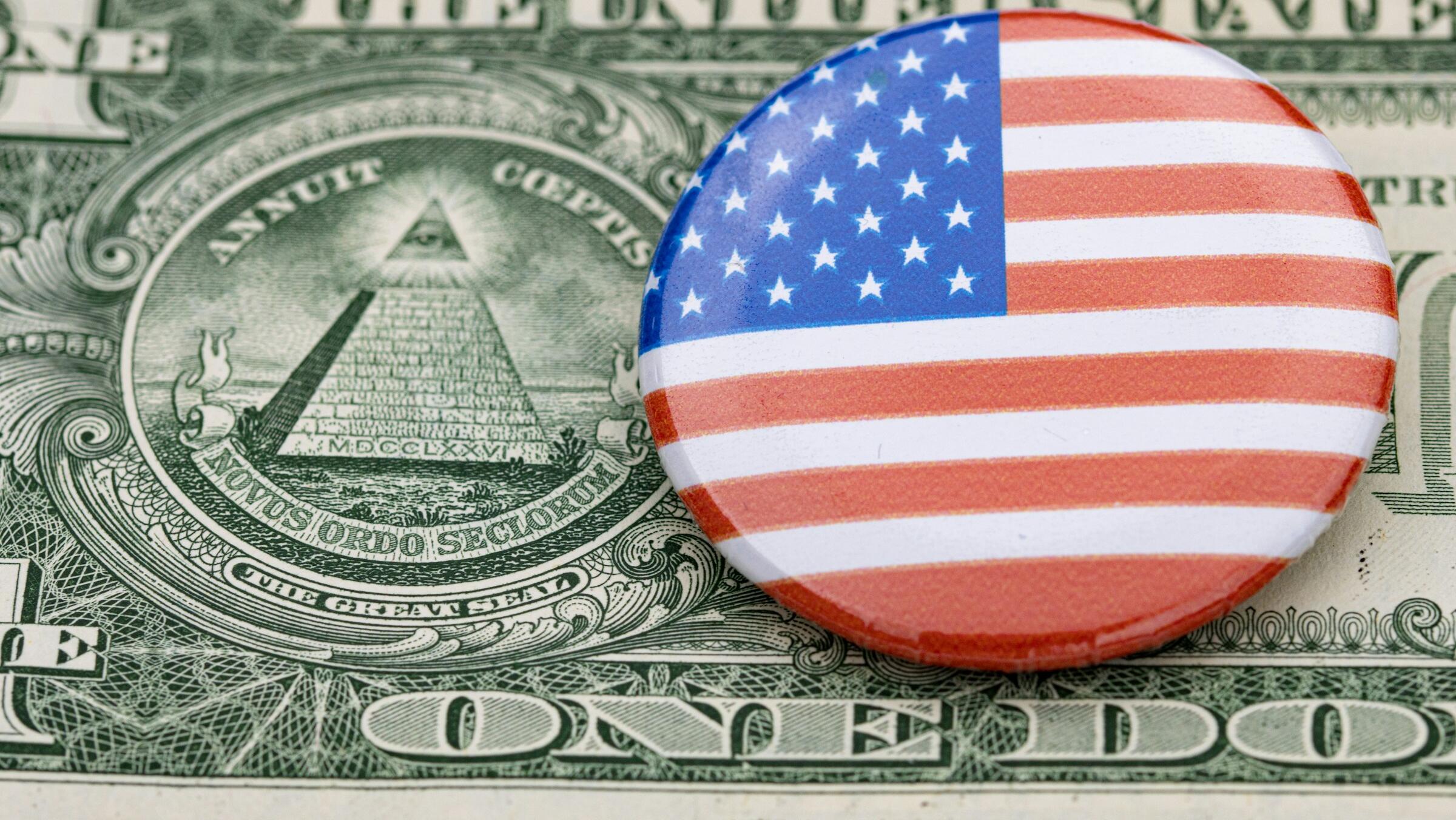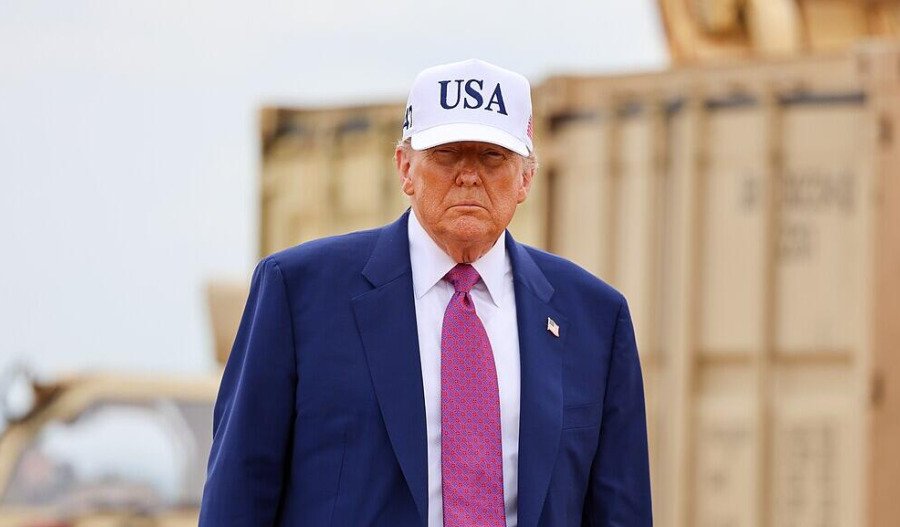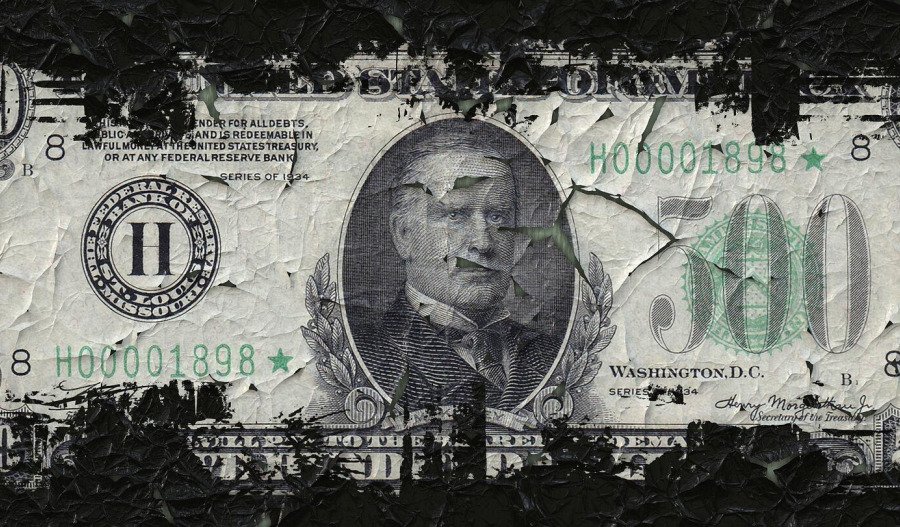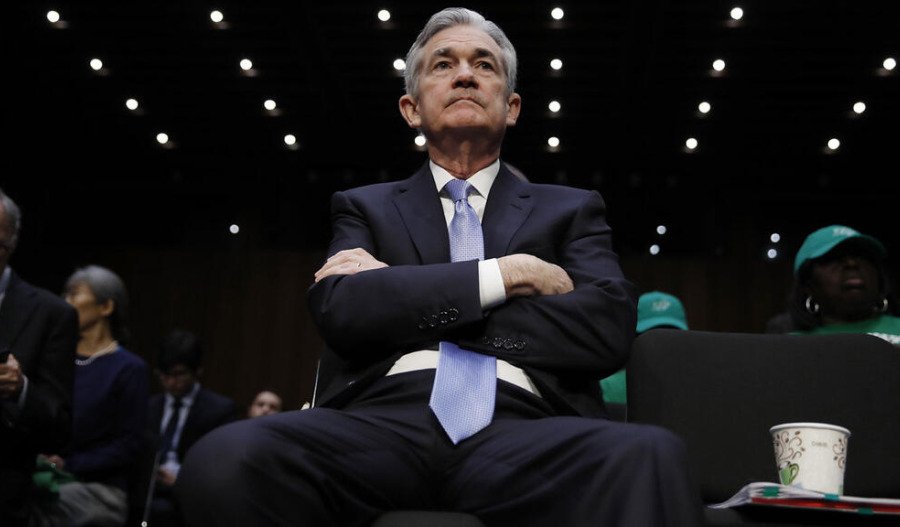Added to the current ‘sell America’ theme – underpinned by the rare alignment in falling United States equities, treasuries and the U.S. dollar – are recent Bank of America (BoA) findings that suggest the reign of U.S. equities as the world’s most prestigious asset class is over.
Added further evidence to growing investor projections that America’s market dominance is rapidly falling is BoA’s latest fund manager survey, which expects global stocks to outperform U.S. equities over the next five years.
Due to their rising valuations relative to their international counterparts, U.S. stocks have far outperformed international stocks over the past 17 years.
But U.S. equities are rapidly losing their crown as the most reliable money-making trade.
So far in 2025, the S&P 500 is on track to underperform global stocks by the most since 2009.
Swing shift
However, if BoA’s survey results are correct, this about to change.
Over half (54%) of asset managers expect international stocks to be the top asset class, while only 23% expect U.S. stocks to outperform.
Equally revealing, despite the recent ascent in the gold price, only 13% of respondents expect gold to deliver top returns, while 5% are placing their bets on bonds.
It’s the first time that Bank of America’s survey asked investors to predict which asset class will perform best over a five-year horizon.
Interestingly, while the survey captured a resurgence in confidence, much of this is being attributed to a major shift in investment strategies.
While fund managers are lowering cash allocations to a three-month low, they’re simultaneously boosting positions in emerging market equities, energy, banks — and leaning heavily into Eurozone stocks, due in part to the recent German fiscal stimulus.
Bearish on US
However, while the rest of the world is warming up, sentiment toward U.S. assets – as BoA survey results attest - is increasingly bearish.
The U.S. dollar, down around 10% this year is now the most underweighted currency in at least 20 years, making it one of the hottest “crowded trades,” alongside gold and tech.
Survey responses, which display a notable cooling off in America, reflect the popularity of "sell America” trade that’s mirrored President Donald Trump’s tariff hikes and tax legislation that threatens to add an estimated US$2.4 trillion to the budget deficit over a decade.
If the fund managers' predictions are accurate, they send a clear picture to investors, namely:
Global capital is rotating out of U.S. assets and chasing upside in Europe and emerging markets. Risk appetite is back but is now looking outwards. Fund managers are shedding cash, leaning into higher-beta plays overseas.
In summary, while the bull case appears to be building, so too are the tail risks: Uncertain fiscal outlooks, mounting geopolitical tensions, and a highly fractious market.
In light of recent developments, it’s hardly surprising that a net 31% of investors [that BoA surveyed] reported being underweight the U.S. dollar - the most negative reading in 20 years – while a net 36% said they were underweight U.S. equities.
Future Fund becomes risk-off America
Further endorsing the global risk-off sentiment towards the U.S., these are embedded within warnings by Greg Combet head of Australia’s $240.8 billion Future Fund that America has become a risky investment destination.
With the Trump administration adding layers of volatility and uncertainty to financial markets, Combet also expects the U.S. to attract a smaller share of global capital flows.
Combet recently told investors that adjusting the Future Fund’s portfolio in response to the Trump administration’s policy changes, including its objective to depreciate the US dollar, was a key priority for the fund.
With the majority of the Future Fund’s physical assets denominated in U.S. dollars, Combet also reminded investors of the need to:
Increase its exposure to other currencies including the euro and yen. Include commodities such as gold in its portfolio. Prioritises Australian assets.
“It seems unlikely that even dramatic reversals of Trump policies would engender a return to a ‘business as usual’ approach from long-term investors now that doubt has been sown,” Combet told recent attendees at a Committee for Economic Development of Australia lunch in Sydney.
However, what is equally alarming is Combet’s lack of faith in future Democratic presidencies to reverse the scale of Trump’s changes.
What’s equally less certain, added Combet is the U.S. review of AUKUS – a trilateral security partnership between Australia, the United Kingdom, and the United States - which he said, “reinforces the fact that traditional economic and security relationships with the U.S. are now less certain”.
Meantime, the Israel/Iran war along with tariff uncertainty poses a higher risk of a renewed setback in share markets, especially if the conflict escalates to the point that it threatens oil supplies from the Middle East.
However, while various constraints should weigh against a meaningful escalation in investment markets, AMP’s chief economist Shane Oliver reminds investors that conflicts regularly flare up in the Middle East only to settle down.
“The key is not to get too negative and look for any opportunities that the conflict throws up,” he said.
“Finally, since WW2 U.S. shares have fallen on average by 6% in response to geopolitical events but have risen by 9% six months later and by 15% 12 months later.”



